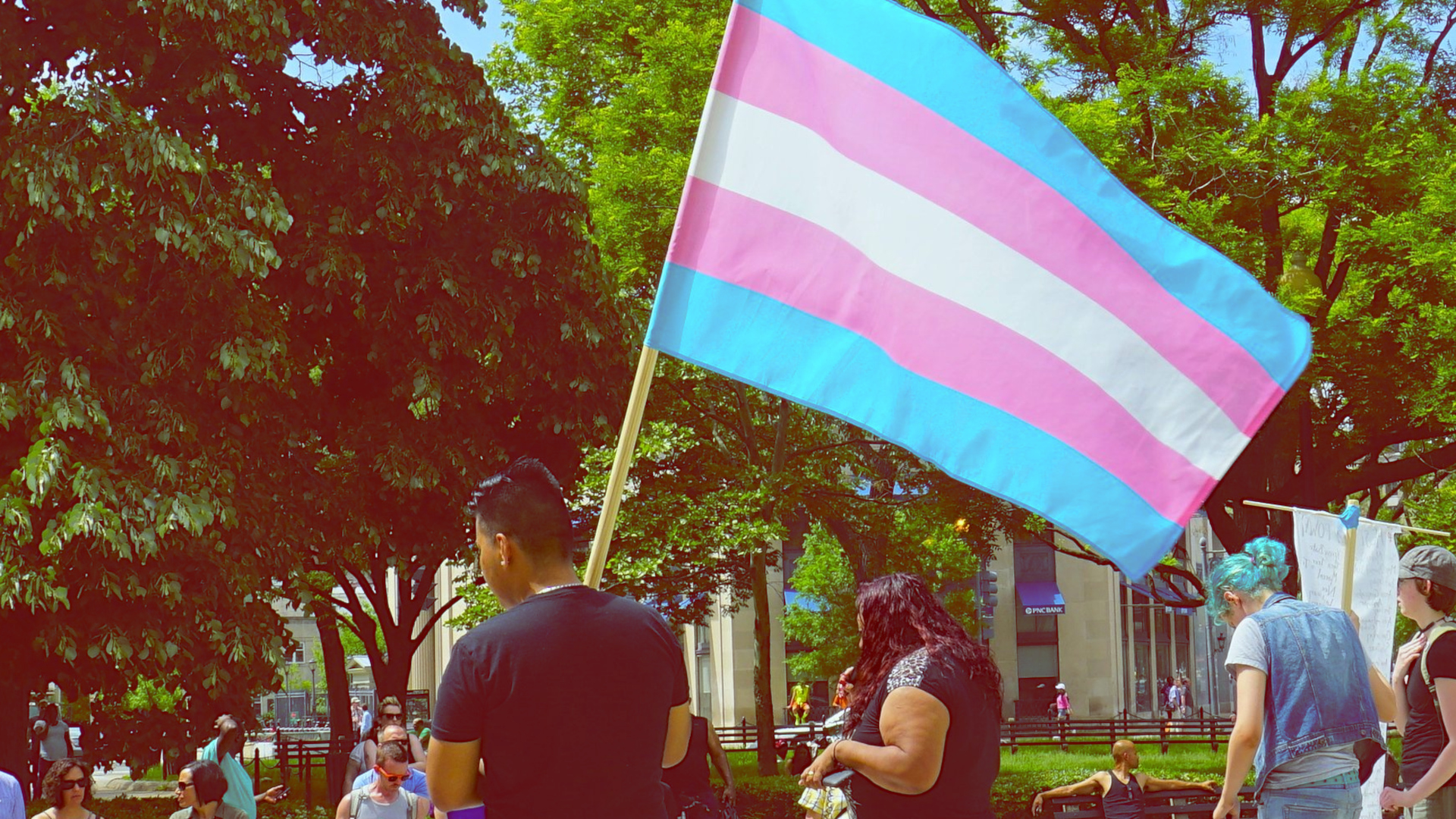Are Americans, Brits Some of the Worst Offenders on Trans Rights? New Poll Gives an Answer

Which country is the best place for trans people to live? Which populations generally support trans youth, or want us to access the bathrooms that align with our gender identities? If you guessed America or Britain, you would be very, very wrong. According to the results of a recent poll shared by The Guardian, the U.S. and Great Britain ranked as some of the least likely countries to support various trans rights initiatives.
The poll, which was conducted by Ipsos, reveals that Great Britain and the United States ranked as some of the lowest supporters of trans rights issues across 30 countries. Among respondents, Americans and Brits were some of the least likely to agree that trans people should be allowed to use bathrooms and other gender-separated facilities based on their gender: Only 40% agreed in both countries. 40% of Brits believed trans people should not be allowed to access gender-segregated facilities that align with their gender identity, as did 45% of Americans. The latter expressed the strongest disagreement of all polled countries.
The United States was second-to-last in agreement that non-binary gender identification should be allowed on government IDs, and both the U.S. and Britain had some of the lowest approval rates for trans teens receiving trans healthcare. Among Brits, only 47% believed trans youth should have access to gender-affirming care, with only 45% of Americans also agreeing. Over a third of Brits disagreed with giving trans care to teens, as did 42% of Americans.
It’s easy to see why the U.S. and the U.K. poll so negatively on trans rights. In The Guardian’s own report on the poll, the media outlet gave credence to a shut down of NHS services for trans youth. In 2022, two trans reporters blasted the U.K. publication for its “ingrained prejudice against trans women,” ultimately pulling out of a Pride edition created by the publication.
Meanwhile in the U.S., major publications like the New York Times have carried water for discrimination against gender-affirming care access for trans kids. In April, GLAAD said the publication’s “inaccurate coverage of transgender people” is “laundering extremist talking points.” In an open letter sent out earlier this year by over 300 Times contributors, writers blasted the publication for “presenting gender diversity as a new controversy warranting new, punitive legislation.”
This, of course, isn’t including the endless barrage of right-wing talking points targeting trans people across both countries. Like Fox News attacking trans girl athletes for wanting to compete with cis girls, or the BBC’s egregiously transmisogynistic coverage of trans lesbians. A steady, endless dirge of anti-trans rhetoric will naturally make a populace veer toward anti-trans sentiments. Blame the media for the dire state of trans rights in the U.S. and U.K., they’re part of the problem.
(featured image: Ted Eytan/Flickr (CC BY-SA 2.0). Illustration by Ana Valens)
Have a tip we should know? tips@themarysue.com